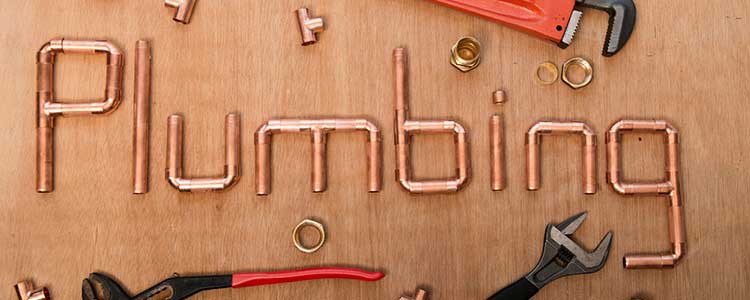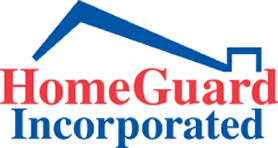DIY Plumbing Tips: When To Call a Professional

Tinkering with your home’s plumbing can often seem like an excellent way to save money and solve problems quickly. However, it’s crucial to know your limits when handling such tasks. While some issues can be fixed with a few tools and a little know-how, others require the expertise of a professional to prevent further damage.
To help, here is a handy breakdown of plumbing problems you can sort out on your own, including situations when you should reach out to the experts.
Basic DIY Plumbing Solutions for Homeowners
Clogged Drains
- DIY Approach: Using a plunger can typically resolve the issue of minor clogs. If that doesn’t work, try pouring a mixture of hot water, baking soda, and vinegar down the drain to break up the clog. These solutions are effective for minor blockages in sinks and showers.
- If repeated attempts don’t clear the clog — or if multiple drains are clogged simultaneously — it might indicate a deeper blockage in your main line. In such cases, it’s best to call a professional plumber.
Leaky Faucets
- DIY Approach: Many leaky faucets can be fixed by replacing the washer or cartridge inside the tap- this requires shutting off the water supply, disassembling the faucet, and replacing the faulty part, which is a relatively straightforward task.
- If the leak persists after replacing the washer — or if significant corrosion complicates the repair — professional help may be necessary. Service from an expert verifies that the problem is resolved without causing further damage to your plumbing system.
Running Toilets
- DIY Approach: A running toilet can waste a lot of water. Check the flapper inside the tank; it might need adjusting or replacing. You can also check the fill valve and adjust the water level.
- If adjusting the flapper or fill valve doesn’t solve the issue, it’s best to call an expert to diagnose and fix any underlying problems.
Dripping Faucets
- DIY Approach: Dripping faucets are annoying and wasteful. Usually, a worn-out washer or O-ring is the culprit. Turn off the water supply, disassemble the faucet, and replace the faulty part to stop the drip.
- If the dripping persists or if the faucet is corroded, professional assistance is recommended to prevent further damage.
Low Water Pressure
- DIY Approach: Low water pressure can be due to mineral buildup in faucets or showerheads. Clean or replace clogged aerators and showerhead nozzles to remove the blockage and restore the pressure.
- If thorough cleaning doesn’t improve water pressure, there may be issues with the pipes or water supply, and you should consult a plumber.
Frozen Pipes
- DIY Approach: During cold weather, pipes can freeze and potentially burst. You can insulate exposed pipes and open cabinet doors to allow warm air circulation. If a pipe is frozen, use a hair dryer or heat tape to thaw it gently.
- If you’re unsure how to handle frozen pipes, call a plumber immediately to prevent costly water damage.
Situations Requiring a Professional Plumber
Burst Pipes
- Burst pipes can cause significant water damage to your home and require immediate attention. The repair generally involves cutting out the damaged section and replacing it with new piping. Due to the complexity and potential for further damage, this repair is best handled by professionals.
Gas Leaks
- Any suspected gas leak should be treated as an emergency. Due to the high risk of fire or explosion, it is vital to call professional licensed plumbers to handle a gas leak repair. Moreover, avoid using electrical devices or open flames if you suspect a gas leak.
Major Installations
- Installing new pipes, water heaters or major appliances that require plumbing connections should be done by a professional. These tasks may require permits and inspections that a licensed plumber can navigate more easily.
Lack of Water
- If your home suddenly has no water, it could be due to a major leak or a problem with the main supply line. This situation requires a professional to diagnose and resolve as it can affect more than just your home and may involve complex repairs beneath the house or yard.
Knowing When to Call in the Experts
While DIY plumbing repairs can be a cost-effective solution for minor issues, recognizing when to throw in the towel and call an expert is essential. As a homeowner, you should always be prepared to weigh the complexity and risks of the repair against your skills and knowledge. When in doubt, contacting a professional plumber is safer — and often more cost-effective in the long run.




